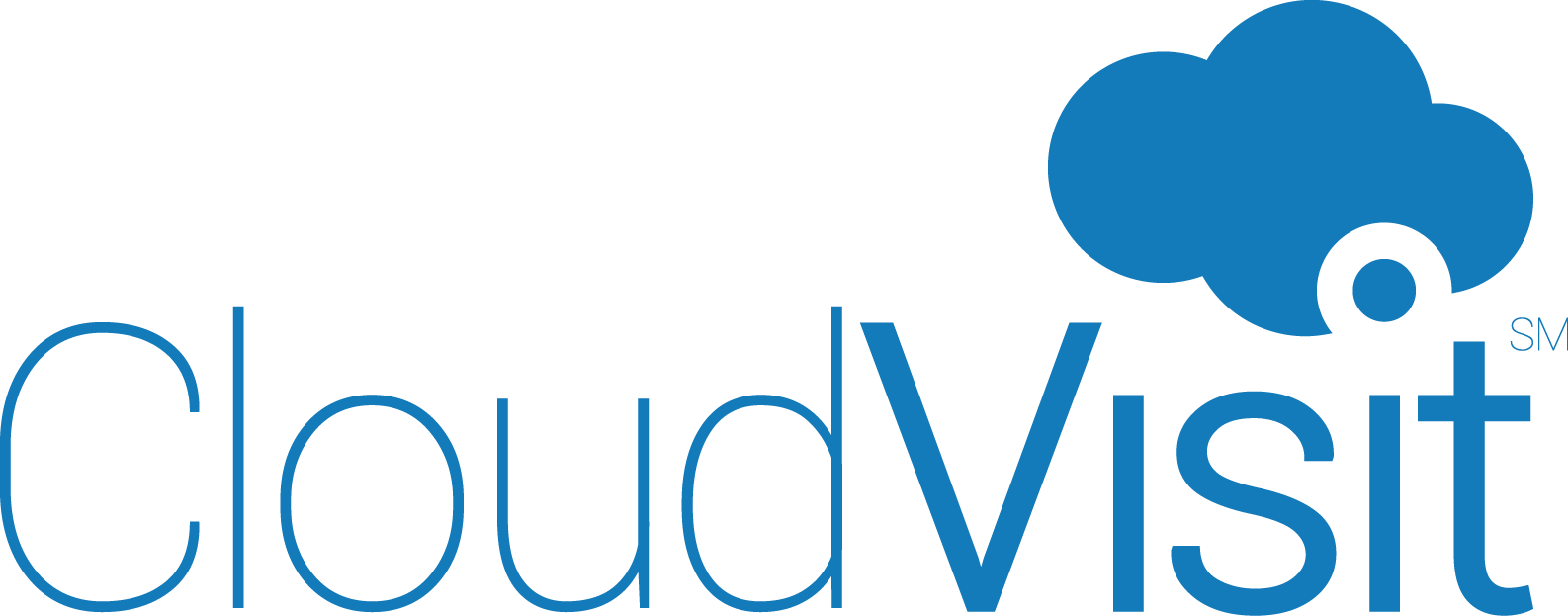One segment of the population where telemedicine and telepsychiatry has been successful is in the care for homebound patients – primarily the elderly. The growing number of people entering their senior years have created issues to which the healthcare system has looked to technology to help resolve.
One segment of the population where telemedicine and telepsychiatry has been successful is in the care for homebound patients – primarily the elderly. The growing number of people entering their senior years have created issues to which the healthcare system has looked to technology to help resolve.
Telemedicine has bridged a gap between health care processes, professionals, and patients with positive results. Through the use of telehealth monitoring systems, which include telemetry for tracking clinical information, an Internet connection, and video access, healthcare professionals can remotely assess the patient’s status. Heading off serious medical incidents can be life-saving for the patient and cost-effective for administrators and insurers.
There has been considerable effort on the part of these providers to find new, workable methods of patient care which will not “break the bank.” Secure, HIPAA-compliant telemedicine and telepsychiatric solutions meet the needs of these patients.
- Teaching and supporting self-management of chronic diseases.
- Receiving improved quality of care as a result of ongoing professional monitoring.
- A better quality of life.
- Avoiding depression.
Elderly homebound patients are often depressed, many being unaware that their feelings are not part of the aging process, and few of them receive adequate treatment. Telemedicine solutions to medical illness are being used by the home healthcare industry, but the level of mental health monitoring is not adequate to meet the standards of the psychiatric guidelines.
In a report presented in 2010 at the National Association for Home Care and Hospice Annual Meeting, when a group of patients with depression indicated as “markedly severe” were overseen by telehealth nurses using Telepsychiatric on-line video sessions, the severity of their depression improved to “mild”. The author reported that the adjustment period to the Telepsychiatry platform by both patients and nurses was brief, the satisfaction with care was high, but more importantly, the patients felt less depressed.
Benefits of telepsychiatry for elderly homebound patients
- Use of technology is easier than anticipated.
- Online video sessions elevated perceptions of mental health care.
- Increased the quality of life.
- Improved self-confidence.
- Increased communication with healthcare providers.
Benefits of telepsychiatry for medical providers
- Increased contact with patient, impacting quality of care.
- Positive outcomes and patient satisfaction differentiate the business from others like it.
- Fewer in-office visits with the same or better results.
- Cost-effective
Home health agencies are seen as the caregivers in a community. Their services are significantly enhanced by a HIPAA-compliant telemedicine platform which assists them in providing remote monitoring of the rehabilitation patients, overall management of the patient and illness, while making home and post-surgical visits in front of their computer.

 Language:
Language:






